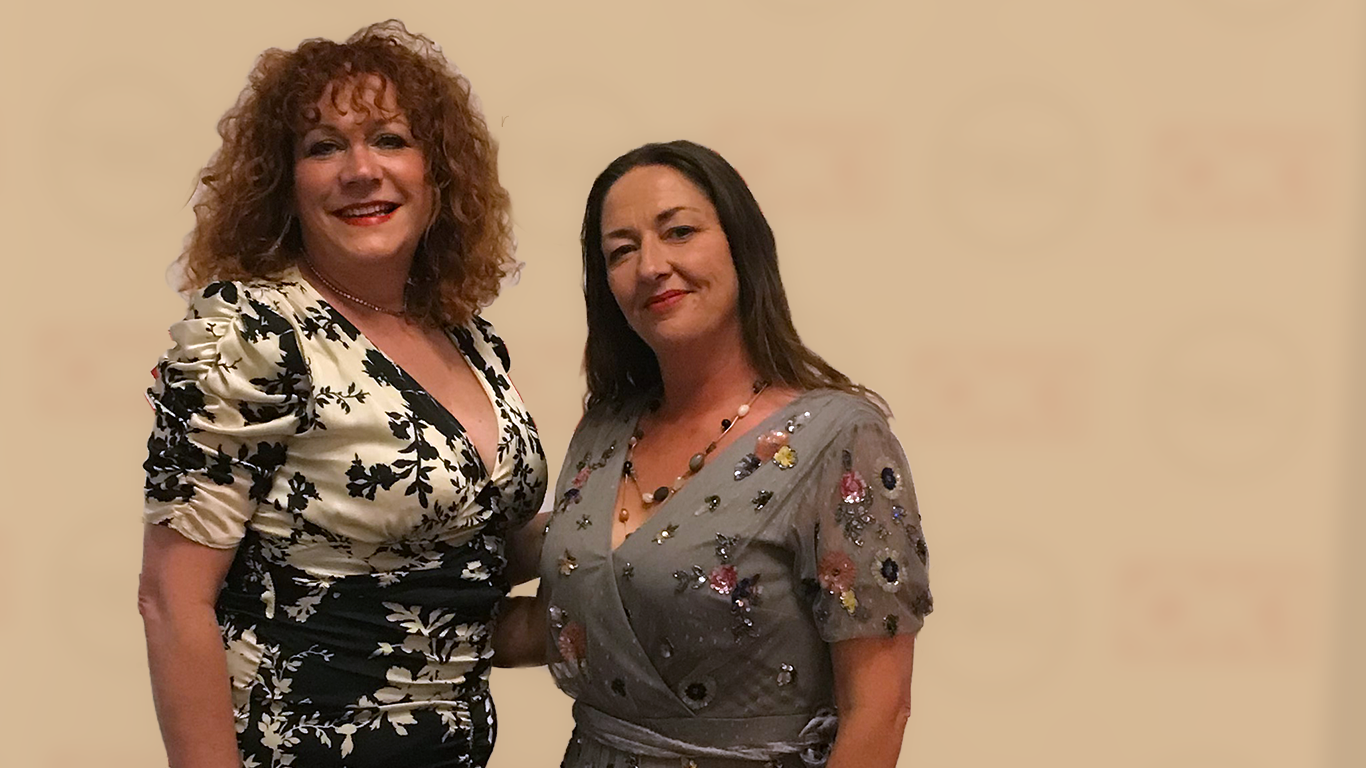How Are You Actually Doing? | Personal Resilience at BSH
Reading time: 8 minutes
Stress, exhaustion, rising prices, war, health complaints, raising children, or partnership issues - the concerns of BSH colleagues who contact one of BSH's numerous Employee Assistance Programs (EAP) are manifold (topics based on a survey conducted by the Fürstenberg Institute, Germany's EAP program).
In almost all countries, BSH offers EAPs, where external, trained employees listen to colleagues on the phone, via chat, or video, and support them in dealing with their individual problems. A word that also comes up even there, over and over again is resilience.
Exercising Mental Resilience
Resilience comes in many forms. But what does resilience mean in a health context? "In psychology, the term stands for mental resilience," explains BSH Health Manager Marcus van Dyck. "At its core, it's about my personal resources and how I adapt to new circumstances as best I can."
A question that competitive athletes, for example, regularly grapple with: How do I bring myself mentally into a competitive situation? How do I perform at my peak during a particular time? And how do I deal with defeats or injuries? This analogy can be applied to each and every one of us and our everyday lives.
"Self-esteem, personal attitude and also social relationships play a big role in adaptability. Some of us are better at changing perceptions and regulating emotions than others," explains Marcus van Dyck. "But unlike my height, which I cannot change, I can learn and train resilience."
Mental Health in (Im)Balance
The first step in building resilience is to talk about mental health. But that's where the problem often starts. For many, it is a private topic that should not be talked about in the office and certainly not with colleagues or even with one's own manager. Yet promoting mental health in the workplace is a necessity.
Let's imagine a scale on which our private and professional lives are in balance. Everything is going well, we feel balanced. But when stress and mental strain increase in our private life, our scales are out of balance. And this has a direct impact on the job: We can get sick more often, or for longer, our concentration and performance also decrease. Physically, we are present, but our thoughts may no longer be. We often don't do things we want to do, or we put them off until the next day. The reason: Our willpower is exhausted. But we need it to achieve our goals and overcome obstacles along the way. We might now even realize it, but our mental health has a direct influence on BSH's business success.
Promoting mental health is therefore a joint task in the workplace: For ourselves, our colleagues, our managers and BSH as a whole.
BSH offers a comprehensive range of information, and support tailored to local needs, as well as the EAPs mentioned previously.
Colleagues Helping Colleagues
The Mental Health First Aiders in UK and Ireland

BSH UK and Ireland shows how to create a supportive framework internally for sharing mental health concerns. BSH employees are trained as mental health first aiders on a voluntary basis. The training is provided by Mental Health First Aid England and teaches the Mental Health First Aiders how to recognize the signs and symptoms for a range of mental health conditions, as well as providing initial support using a five-step action plan. "Anyone who has a need can contact us. We then either meet in person or exchange via phone, teams, or even email," explains Health and Safety Officer Donna OBrien. Nearly 50 employees are now qualified Mental Health First Aiders in addition to their BSH roles. "Our purpose is to approach, assess and assist a person who may be experiencing a mental health crisis and providing the best possible support with the help of the action plan. We are not medical practitioners. Anyone who needs ongoing support or where we see the need for professional help, we refer them to appropriate points of interest," explains Health and Safety Officer Colleague Joanne Garner.
---------------------------------------------------
Leadership Also Means Listening
Everyone can contribute to promoting resilience in the workplace. A simple idea with a big impact: Open meetings with a "check-in". Openly and honestly share how you are doing.
"It is crucial that we recognise mental health as a relevant topic that we talk about as openly as a heart attack," says Marcus van Dyck. "Leaders have a crucial role to play here. They have to make resilience their subject and be available as a contact person." BSH offers global training courses on "Leadership and Health" to support them in general on the topic of healthy leadership. Conversely, employees should also have the courage to approach their superiors. A good way to reduce inhibitions is to practise the conversation with friends and family beforehand. In this way, you can build up a sense of security and lose the fear of possible negative reactions.
In general, social relationships play a crucial role. They act as a kind of safety net, giving us feedback, helping and “catching” us when in doubt. So, best arrange a coffee date with your colleague right away...
You can read more about how resilience can also be promoted in cultural interaction in another article in our focus series "Resilience".
------------------------------------------------------
Strengthen your resilience at work -
8 tips from the BSH Global Health Manager
Be optimistic: Realise that the probability of a worst-case scenario is only one of a million possible scenarios. Don't worry about what will not work out, but focus on what will work well.
Be open: Dare to talk openly with your manager about problems and look for solutions together.
Be positive: Consciously imagine a positive situation and perceive the positive emotion that you would feel or have felt in this situation. Put yourself in the position of this emotion. In difficult situations, try to think of these positive feelings and recall them. For example, think of how many challenges you have overcome and felt pride in - can you do it again?
Be sociable: Build up a network of colleagues in the office to support you during stressful phases.
Be objective: Re-evaluate critical situations. By taking criticism from the personal to the factual level, you create distance and learn not to take things personally. It is not always about you.
Be patient: Take the time to find the coping strategies that work best for you. This way you can strengthen your mental health in the long run.
Be calm: There are things you cannot change or influence. Accept it and turn to what you can influence.
Be confident: Have faith in your own strengths - if you don't believe in yourself, who will?




